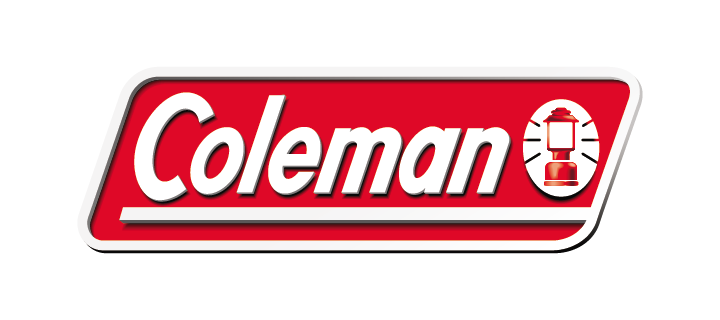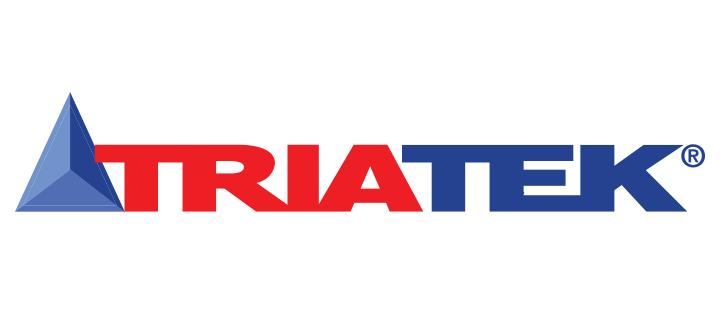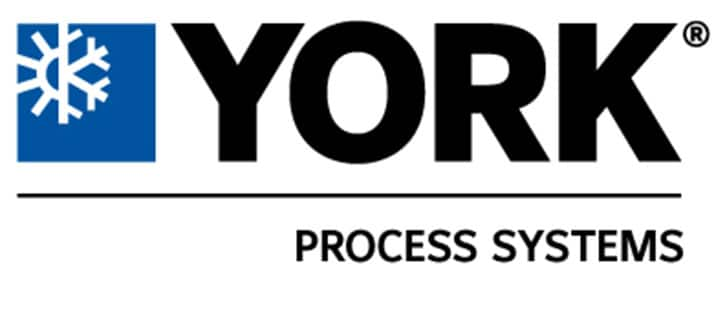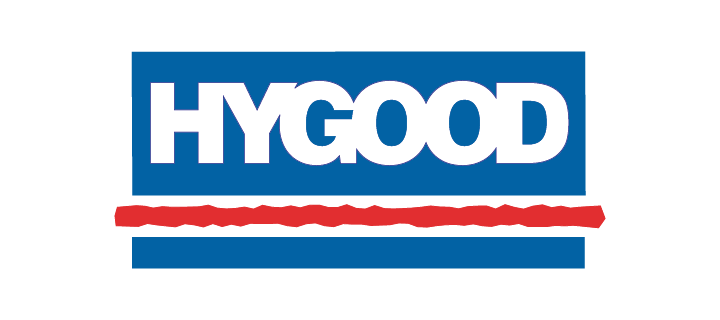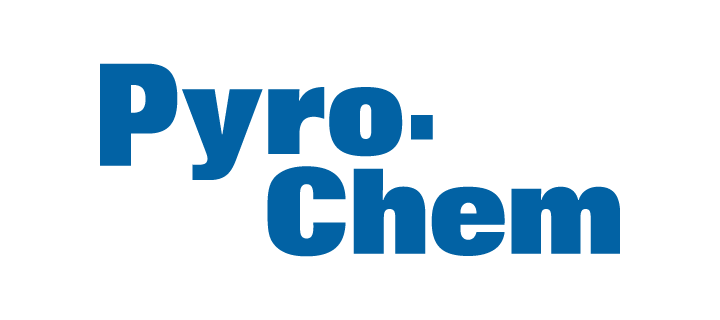Methodist Le Bonheur Healthcare
Implementing sustainability is part of healthcare system’s continued effort to do what’s right
With seven hospitals, multiple home health agencies and outpatient clinics to serve the Mid-South, Methodist is one of the largest healthcare organizations in the country, including 10,000 employees, 2,000 physician partners and more than 1,600 hospital beds. A showcase for superior care, Methodist’s four Memphis metro hospitals were recently recognized as the best in the region by U.S. News & World Report.
For CEO Gary Shorb, stewardship of the earth’s resources is consistent with Methodist’s mission, vision and goals. “We must plan and execute purposefully for the future, to ensure the ongoing health of our associates, our patients and our community. That’s the true focus of sustainability,” says Shorb who challenged the system to consider the concept of sustainability, and how to define and embed it within their organization.
Up to the sustainability challenge
Answering Shorb’s challenge, Methodist turned to Innovation Services, a planning and consulting service from Johnson Controls to facilitate discussion and planning sessions among key stakeholders. Twenty senior managers participated from a variety of departments such as human resources, supply chain, clinical, marketing, finance and facilities, as well as the foundation.
Using a structured, interactive process, participants prioritized their sustainability-related needs and assessed the organization’s effectiveness in implementing a variety of practices including management and strategy, environmental design, operational efficiency, social development, metrics and reporting. These discussions enabled the group to define sustainability for their organization. For Methodist, it means having a triple bottom line: building green, saving green and living green. “This serves as a guiding principle, requiring that whenever possible, decisions meet two out of three of these objectives,” says Dave Rosenbaum, vice president of facilities management for Methodist Le Bonheur Healthcare.
Throughout the planning process, Innovation Services conducted multiple sessions with Methodist, including one to address information technology. “The IT exercise, in particular, helped us determine what technologies we were looking for now and what we may need to plan for in the future,” says Rosenbaum, “Not only have these sessions had a major impact on our choices regarding construction of the new Le Bonheur Children’s Hospital, they have been a catalyst for other initiatives across the system.”
Building, saving and living green
Five strategies emerged from the planning process. The first - green new construction - took shape in the new Le Bonheur Children’s Hospital, which is now ranked among the nation’s best children’s hospitals by U.S. News & World Report. The $340 million, 610,000-square-foot hospital with 12 patient floors and 255 beds significantly increases Le Bonheur’s space for patient care, research and training. Johnson Controls is serving as the Leadership in Energy and Environmental Design (LEED) accredited professional to provide tools and guidance in order to help Le Bonheur Children’s achieve certification from LEED.® As the technology contractor for the project, Johnson Controls was the single point of contact for identifying needs, prioritizing investments, and coordinating the installation and integration of the technology systems in the new hospital. This includes a converged IT network that supports clinical, facility and business services. Upfront discussions minimized unnecessary duplication, budget overruns and schedule delays, while improving the ease of operations and maintenance of the network.
The planning process also helped identify the most appropriate technologies and the best way to leverage them. For example, the fully integrated operating rooms provide advanced options for surgeons and staff. From a central touch screen station in each operating room, the staff is able to adjust temperature and lighting. Cameras are able to record each surgery and map it to a conference room, giving physicians in training an opportunity to observe. “The process not only helped us meet the needs of caregivers, but the needs of our patients and families,” says Kathleen Healy-Collier, administrative director of clinical systems, technology and operations. “In patient rooms, families will eventually be able to order meals, make notes in the child’s medical record and browse the Internet through the high-definition televisions in each room.” The converged IT network is future-ready and can adapt to the hospital’s changing technology for years to come.
A system-wide Sustainability Steering Committee oversees strategy and planning. Green Teams established at all the hospitals involve employees from a variety of departments, backgrounds and interests who have volunteered to help identify ways to improve environmental impact through business practices and operational processes. Employees have even partnered with local students on energy conservation efforts and planted wildflowers to improve a public park. “Sustainability is the philosophy with which you run your organization and encourage others to find opportunities to participate and contribute,” says Rosenbaum. “It is important to find partners that believe in, recognize and commit to sustainability. The team at Johnson Controls has been instrumental in our vision of embracing sustainability.”
Future-ready central plant strategies
A key contributor to Le Bonheur’s LEED certification and cost-effective construction is a modular central plant comprised of 13 modules designed and built by Johnson Controls. The plant is one of the largest modular facilities in the United States to include boilers, chillers and generators. The plant’s heating, cooling and electrical systems are designed to run at maximum efficiency, which reduces the hospital’s carbon footprint. “The modular construction is also less expensive and gives us greater flexibility to repair or replace units in the future,” says Rosenbaum. The site can expand if the heating and cooling needs of Le Bonheur should ever increase. Innovative approaches to central utility plants are not new to Methodist. More than 10 years ago when Methodist University Hospital, the system’s flagship facility, needed HVAC equipment upgrades and new central chiller plants, Johnson Controls worked with its financial partners to provide an off-balance sheet financing structure to make the improvements while meeting Methodist’s cash flow and accounting needs. Johnson Controls leveraged the design-build process in the construction of a traditional chiller plant while managing the architectural engineer, electrical, test and balance, and controls contractors. It provided Methodist the advantage of one-source responsibility, accurate determination of budget and feasibility prior to incurring final costs, and on-time completion.
A spirit of continuous improvement
Methodist has always strived for continuous improvement of its facilities and clinical care model. By utilizing the Integrated Client Services program to help improve operational efficiency and financial predictability, Methodist and Johnson Controls have moved away from a fragmented, tactical approach toward a strategic,enterprise management model for its facilities and infrastructure. Like many healthcare systems, declining or flat reimbursement puts Methodist under constant pressure to operate its facilities and infrastructure at maximum efficiency. Under the Integrated Client Services agreement, Johnson Controls manages Methodist’s operations, which cover more than five million square feet. A team of 22 on-site management-level and administrative support employees are responsible for all building maintenance, equipment operations, landscaping, and facility engineering services. A planned service agreement with Johnson Controls helps keep equipment in peak condition, improving efficiency and extending equipment life.
Methodist and Johnson Controls jointly defined metrics, and the Johnson Controls team continually assesses operations in six key areas: regulatory requirements, safety, maintenance management, financials, utilities and performance management/ quality. By leveraging technologies and best business practices, Johnson Controls strives to help Methodist improve patient safety, reduce OSHA recordable incidents, improve associate satisfaction and productivity, and assess risk and prioritize capital spend. In the spirit of continuous improvement, a Facilities Steering Committee, comprised of key Methodist and Johnson Controls personnel, collects feedback on the facility management solutions and oversees action plans that support mutual growth.
“As our relationship with Johnson Controls has matured over time, we’ve come to understand they are a company that is always out there looking for better ways to serve their customers,” says Rosenbaum. “In looking at the real make up of a partner, we’ve found that Johnson Controls DNA is in alignment with ours,” adds Shorb.






